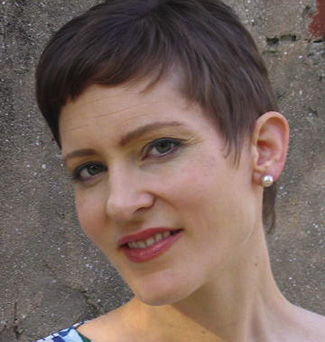About the Authors
About the Authors

Terry G. Jordan-Bychkov was the Walter Prescott Webb Professor in the Department of Geography at the University of Texas, Austin. He earned his Ph.D. at the University of Wisconsin, Madison. A specialist in the cultural and historical geography of the United States, Jordan-Bychkov was particularly interested in the diffusion of Old World culture in North America that helped produce the vivid geographical mosaic evident today. He served as president of the Association of American Geographers in 1987 and 1988 and received an honors award from that organization. He wrote on a wide range of American cultural topics, including forest colonization, cattle ranching, folk architecture, and ethnicity. His scholarly books include The European Culture Area: A Systematic Geography, fourth edition (with Bella Bychkova Jordan, 2002), Anglo-Celtic Australia: Colonial Immigration and Cultural Regionalism (with Alyson L. Grenier, 2002), Siberian Village: Land and Life in the Sakha Republic (with Bella Bychkova Jordan, 2001), The Mountain West: Interpreting the Folk Landscape (with Jon Kilpinen and Charles Gritzner, 1997), North American Cattle Ranching Frontiers (1993), The American Backwoods Frontier (with Matt Kaups, 1989), American Log Building (1985), Texas Graveyards (1982), Trails to Texas: Southern Roots of Western Cattle Ranching (1981), and German Seed in Texas Soil (1966).

Mona Domosh is professor of geography at Dartmouth College. She earned her Ph.D. at Clark University. Her research has examined the links between gender ideologies and the cultural formation of large American cities in the nineteenth century, particularly in regard to such critical but vexing distinctions as consumption/production, public/private, masculine/feminine. She is currently engaged in research that takes the ideological association of women, femininity, and space in a more postcolonial direction by asking what roles nineteenth-century ideas of femininity, masculinity, consumption, and “whiteness” played in the crucial shift from American nation building to empire building. Domosh is the author of American Commodities in an Age of Empire (2006); Invented Cities: The Creation of Landscape in 19th-Century New York and Boston (1996); the coauthor, with Joni Seager, of Putting Women in Place: Feminist Geographers Make Sense of the World (2001); and the coeditor of Handbook of Cultural Geography (2002).

Roderick P. Neumann is professor of geography and chair of the Department of Global and Sociocultural Studies at Florida International University. He earned his Ph.D. at the University of California, Berkeley. He studies the complex interactions of culture and nature through a specific focus on national parks and natural resources. In his research, he combines the analytical tools of cultural and political ecology with landscape studies. He has pursued these investigations through historical and ethnographic research mostly in East Africa, with some comparative work in North America and Central America. His current research explores interwoven narratives of nature, landscape, and identity in the European Union, with a particular emphasis on Spain. His scholarly books include Imposing Wilderness: Struggles over Livelihoods and Nature Preservation in Africa (1998), Making Political Ecology (2005), and The Commercialization of Non-Timber Forest Products (2000), the latter coauthored with Eric Hirsch.

Patricia L. Price is associate professor of geography at Florida International University. She earned her Ph.D. at the University of Washington. Connecting the long-standing theme of humanistic scholarship in geography to more recent critical approaches best describes her ongoing intellectual project. From her initial field research in urban Mexico, she has extended her focus to the border between Mexico and the United States and, most recently, to south Florida as a borderland of sorts. Her most recent field research is on comparative ethnic neighborhoods, conducted with colleagues and graduate students in Phoenix, Chicago, and Miami, and funded by the National Science Foundation. Price is the author of Dry Place: Landscapes of Belonging and Exclusion (2004) and coeditor (with Tim Oakes) of The Cultural Geography Reader (2008).
xvi